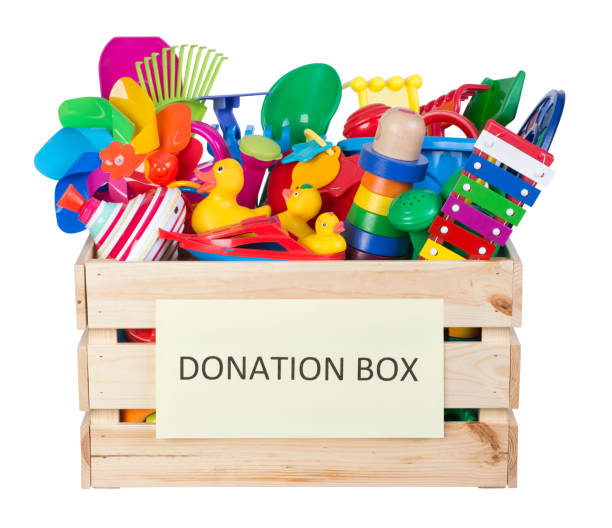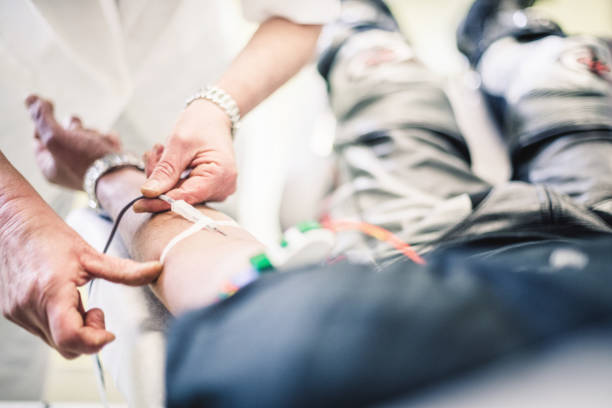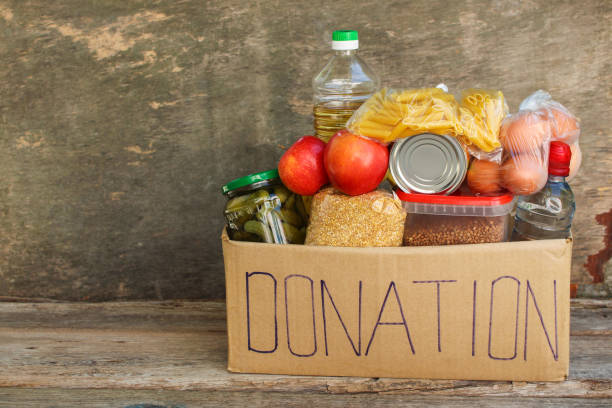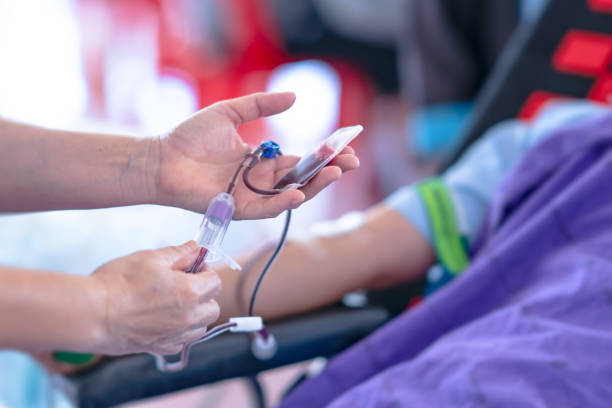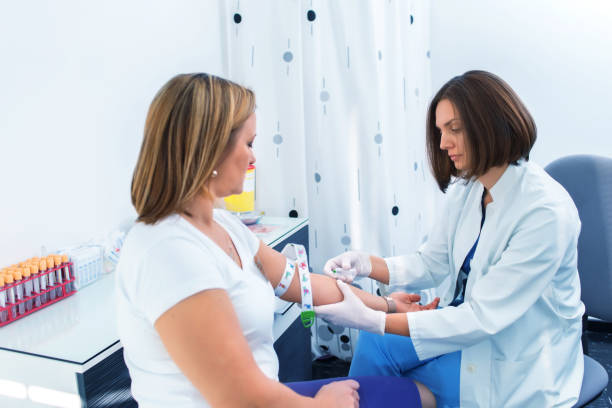Egg Donation Over Age 30: A Comprehensive Guide
In recent years, the landscape of egg donation has evolved significantly, particularly for women over the age of 30. This demographic shift has sparked a broader conversation about the implications, opportunities, and challenges associated with egg donation for women who are no longer in their twenties. This guide aims to provide an in-depth exploration of the factors influencing egg donation over the age of 30, the benefits and risks involved, and the current trends and considerations in this vital area of reproductive health.
The Science of Egg Donation
Egg donation is a procedure that involves a woman donating her eggs to another person or couple who may be unable to conceive using their own eggs. The process generally involves hormone stimulation to produce multiple eggs, which are then retrieved through a minor surgical procedure. For women over the age of 30, the science behind egg donation becomes particularly significant as age can affect both the quantity and quality of eggs.
As women age, their ovarian reserve, which is the number of eggs available for fertilization, decreases. This decline in ovarian reserve can impact fertility and the success rates of egg donation. Despite these challenges, many women over 30 are still viable candidates for egg donation, thanks to advancements in reproductive technology and medicine. Understanding the implications of age on egg quality and fertility is crucial for anyone considering egg donation as an option.
The Role of Age in Egg Quality
Egg quality is a key determinant of fertility and successful pregnancy outcomes. As women age, the quality of their eggs naturally diminishes, which can lead to increased risks of chromosomal abnormalities, such as Down syndrome. This decline in egg quality is a significant factor for women over 30 considering egg donation.
For women in their thirties, egg quality can still be relatively high, but it is generally lower compared to women in their twenties. It is essential for women considering egg donation to undergo thorough medical evaluations to assess their egg quality and overall reproductive health. These evaluations typically involve blood tests, ultrasound examinations, and sometimes genetic screening to ensure that the eggs being donated are of high quality and suitable for successful fertilization and implantation.
Benefits of Egg Donation for Women Over 30
Despite the potential challenges, there are numerous benefits associated with egg donation for women over 30. Many women in this age group may have a strong desire to help others build families or contribute to reproductive research. For some, the decision to donate eggs may be driven by personal experiences or a commitment to helping those facing infertility.
Another benefit is the financial compensation that can be associated with egg donation. While financial incentives should not be the sole motivator, they can provide additional support for women who are considering egg donation. This compensation is often used to offset the costs of medical procedures, time off work, and other related expenses.
Furthermore, advances in medical technology and improved screening processes have increased the success rates of egg donation for women over 30. This means that, with proper care and evaluation, women in this age group can still contribute significantly to the success of fertility treatments for others.
The Egg Donation Process
The process of egg donation involves several key steps, each of which is crucial for ensuring a successful outcome. For women over 30, understanding and preparing for these steps can help ensure a smooth and positive experience.
- Initial Consultation and Screening: The first step in the egg donation process is typically an initial consultation with a fertility specialist. During this consultation, the potential donor's medical history, lifestyle, and overall health are reviewed. Screening tests, including blood work and ultrasounds, are conducted to assess ovarian reserve, hormone levels, and overall reproductive health.
- Ovarian Stimulation: If the initial screening results are favorable, the next step is ovarian stimulation. This involves the use of hormonal medications to stimulate the ovaries to produce multiple eggs. The stimulation process is closely monitored through regular ultrasounds and blood tests to track the growth of the follicles and adjust medication dosages as needed.
- Egg Retrieval: Once the eggs have reached maturity, a minor surgical procedure called egg retrieval is performed. This procedure is usually done under sedation and involves using a thin needle to aspirate the eggs from the ovaries. The retrieved eggs are then processed and evaluated for quality.
- Fertilization and Transfer: After retrieval, the eggs are fertilized with sperm in a laboratory setting. The resulting embryos are monitored for development, and the best quality embryos are selected for transfer to the recipient. In some cases, the embryos may be frozen for future use.
- Post-Procedure Care: Following the egg retrieval, donors are provided with instructions for post-procedure care. This typically includes information on managing any discomfort, monitoring for potential side effects, and scheduling follow-up appointments. The recovery period is usually short, with most donors resuming their normal activities within a few days.
Emotional and Psychological Considerations
Egg donation is not only a physical process but also an emotional and psychological journey. For women over 30, the decision to donate eggs can be influenced by a variety of personal factors, including family dynamics, career considerations, and personal values.
It is essential for potential donors to be aware of the emotional aspects of egg donation. This may include feelings of attachment to the eggs, concerns about the impact on their own fertility, or the potential emotional outcomes for the recipient family. Psychological support and counseling can be beneficial for donors to navigate these emotions and ensure they are making a decision that aligns with their personal values and goals.
Legal and Ethical Considerations
Egg donation involves several legal and ethical considerations that must be addressed to protect the rights and well-being of all parties involved. For women over 30 considering egg donation, it is important to understand these considerations and ensure that all legal agreements and ethical standards are met.
- Informed Consent: Before proceeding with egg donation, donors must provide informed consent, acknowledging that they understand the procedure, potential risks, and their rights as donors. This consent is typically documented through a written agreement that outlines the terms and conditions of the donation.
- Anonymity and Privacy: The issue of anonymity and privacy is a significant consideration in egg donation. Donors and recipients may choose to remain anonymous or have the option for known donor arrangements. It is important for donors to discuss their preferences and understand the policies of the fertility clinic regarding anonymity and confidentiality.
- Legal Agreements: Legal agreements play a crucial role in egg donation, outlining the responsibilities and rights of both the donor and the recipient. These agreements address issues such as parental rights, compensation, and the handling of any potential legal disputes. It is advisable for donors to seek legal counsel to ensure that their interests are protected and that all legal aspects of the donation are properly addressed.
Current Trends and Future Directions
The field of egg donation continues to evolve, with ongoing advancements in reproductive technology and changes in societal attitudes toward fertility and family-building. For women over 30, staying informed about current trends and future directions in egg donation can provide valuable insights and opportunities.
- Advances in Reproductive Technology: Technological advancements, such as improved egg freezing techniques and enhanced genetic screening, have significantly increased the success rates of egg donation. These advancements provide more options and better outcomes for both donors and recipients, making egg donation a viable option for women over 30.
- Shifting Attitudes Toward Fertility: Societal attitudes toward fertility and family-building are shifting, with greater acceptance of delayed parenthood and diverse family structures. This shift has led to increased opportunities for women over 30 to participate in egg donation and contribute to family-building efforts.
- Personalized Medicine: The future of egg donation may involve more personalized approaches, including tailored treatment plans based on individual genetic and health profiles. This personalized approach has the potential to improve success rates and provide better outcomes for both donors and recipients.
Conclusion
Egg donation over the age of 30 is a complex but rewarding process that offers significant opportunities for women to contribute to the lives of others and advance reproductive science. While there are unique considerations and challenges associated with age, advancements in medical technology and a growing understanding of fertility have made it possible for women in this age group to successfully participate in egg donation.
Understanding the science, benefits, and processes involved, as well as addressing emotional, legal, and ethical considerations, is crucial for women over 30 considering egg donation. By staying informed and seeking appropriate support, women can make empowered decisions and play a meaningful role in helping others build families and achieve their dreams of parenthood.
